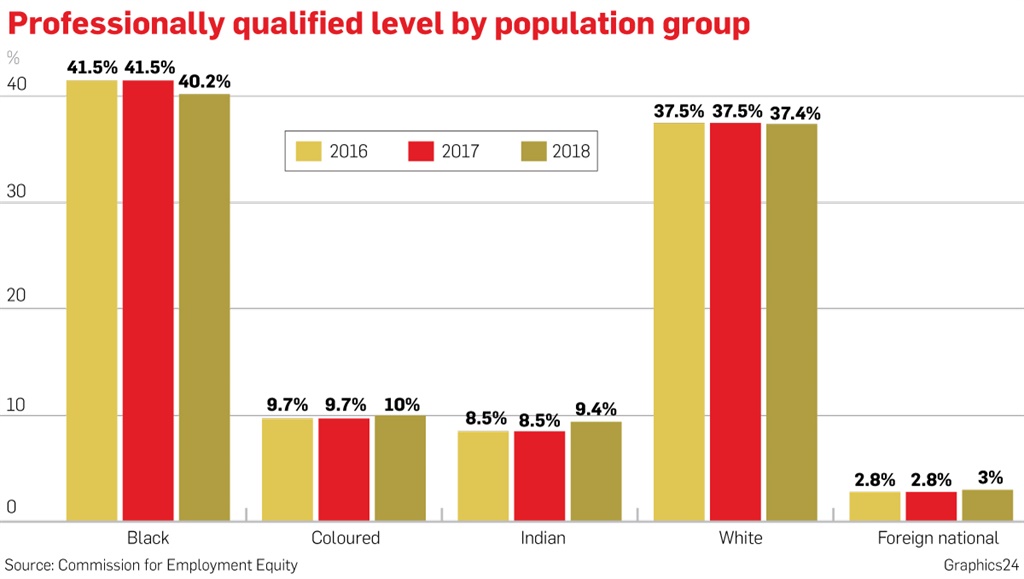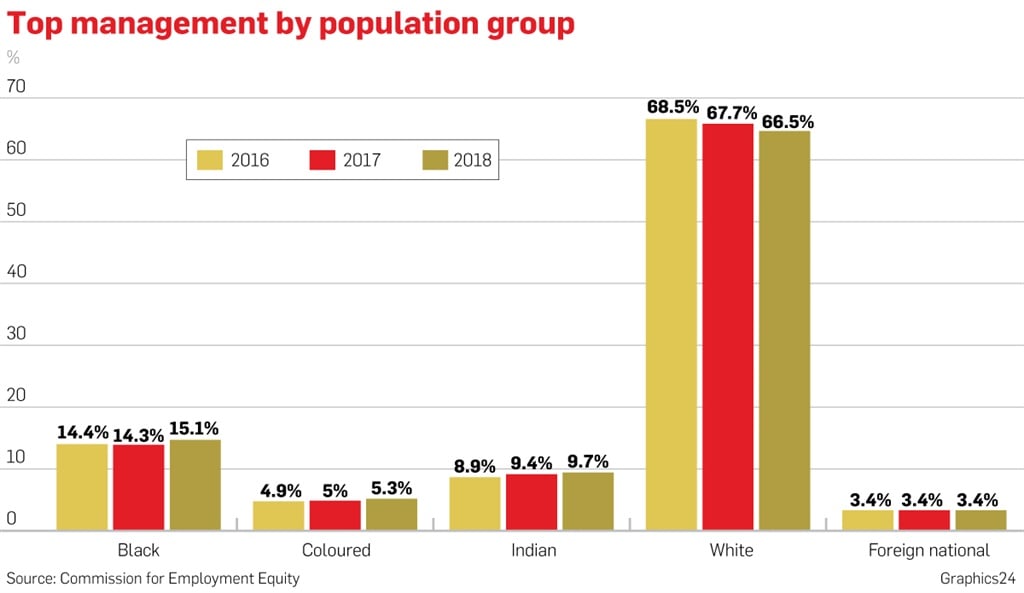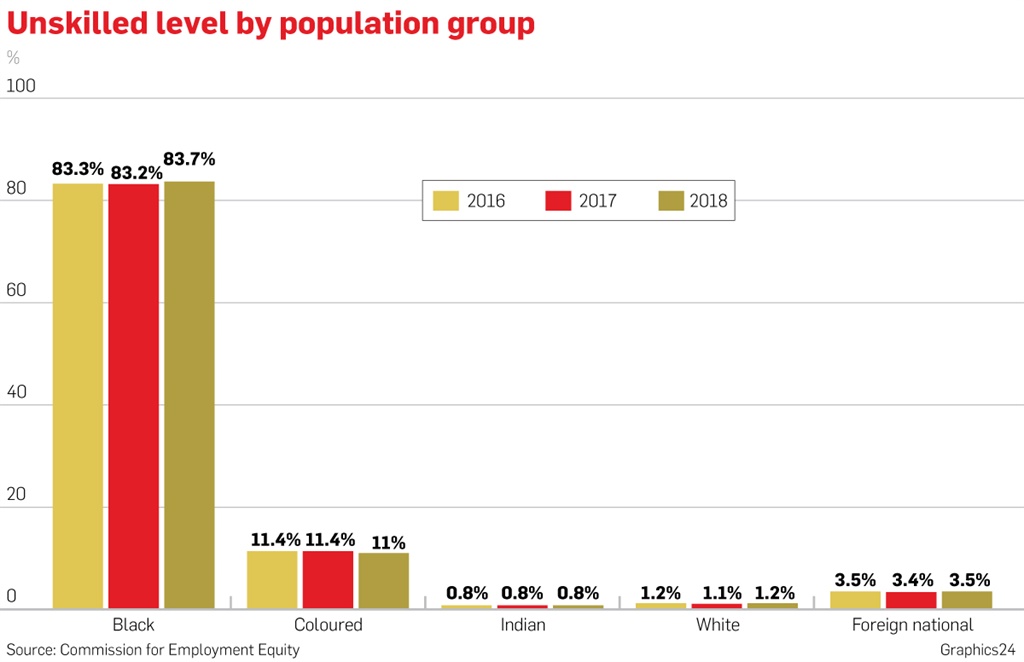
Government is pinning its hopes on the pending Employment Equity Amendment Bill to allow it to speed up transformation in the workplace.
Stronger legislation and an increase in enforcement in workplaces are just some of the interventions the department of labour hopes will change the poor state of transformation in the South African labour market.
Labour Minister Thulas Nxesi said the department was hoping that the passing of the Employment Equity Amendment Bill currently in Parliament and increasing the number of inspectors would assist in changing the bleak situation.
Nxesi was speaking after the release of the Employment Equity Report earlier this week which showed not much has changed in the labour market.
“Our intention is to resuscitate legislation that could not go through [Parliament]. We hope Parliament will prioritise the bills because their amendments were at an advanced stage,” Nxesi said.
Amending the Employment Equity Act, Nxesi said, would give government enough ammunition to ensure transformation in workplaces.
Among the major amendments Nxesi hopes will get the green light is the review of section 53 of the act that will require the issuing of an annual certificate of compliance to organisations doing business with the state and its organs.
Linked with this is that companies would have to reach their respective sectoral targets to get the certificate.
He said non-compliance had also forced the Commission for Employment Equity to set the equity targets.
Labour spokesperson Makhosonke Buthelezi that said while the amendments to the act would enable government to act better against companies that do business with the state, this would not change much against those who do not.
“If the Act is amended, the certificate would be a requirement when doing business with government, but for those who don’t do business with the state we will still enforce the fines where necessary as we have been doing,” Buthelezi said.
He said that, as an immediate intervention, the department would be sending its labour inspectors back to non-compliant companies and, where no valid explanation was provided, fines would be issued.
Government has previously said it was aware that some companies budgeted for the fines, which can go up to 10% of turnover.
Buthelezi said the legislation amendments would not change much in those situations.
The report, which was officially handed to Nxesi by Commission for Employment Equity chairperson Tabea Kabinde, shows that white men, despite being a minority, remain the majority in top management positions across the country.
At least 65.5% of the positions in senior management were occupied by the whites, followed by the Africans at 15.1%, Indians at 9.7%, coloureds at 5.3% and foreign nationals at 3.4%.
The most untransformed sector, according to the report, is agriculture which still has white men occupying 72% of top management positions.
Retail and motor trade and repair services stand at 59.8% and manufacturing at 58.7%.
The highest concentration of foreign nationals is in the manufacturing, and the transport and storage, and communication sectors.
The report is the 19th since 1994 and represents the status and trend analysis in terms of population group, gender and disability in the workforce.
Speaking to City Press, Kabinde said though there was an improvement in the transformation, it remained very slow.
“It’s steady and very slow and at this rate we won’t reach the National Development Plan targets,” she said.
She said that under the current legislation, companies can be fined a minimum of R1.5 million or 2% of turnover – whichever is greater – and a maximum of 10% of their turnover for first-time offenders who also do not have discrimination-related Commission for Conciliation, Mediation and Arbitration findings against them.
“The 10 % is quite substantial because those companies’ shareholders also want to make a profit,” Kabinde said.
She also said that a certificate of compliance would be required of all designated employers and not just those doing business with the state, and non-compliance would still attract fines.
Cosatu spokesperson Sizwe Pamla said the union federation was not shocked by the findings of the latest Employment Equity Report as government did not have the political will to change the situation.
“White managers will never volunteer their inherited privileges and because there is no will to make them transform, not much will change. Government does business with the same companies that break these laws,” he said.
Pamla said the maximum fine of 10% was too little to force companies to comply and fines should be raised to 50% of turnover as that would cripple the companies if implemented.
“When they issue these fines, companies simply budget for it and after that pass on the costs to consumers. But if the maximum was raised to 50%, shareholders would also be worried because the business would now be in danger,” Pamla said.




 Publications
Publications
 Partners
Partners











